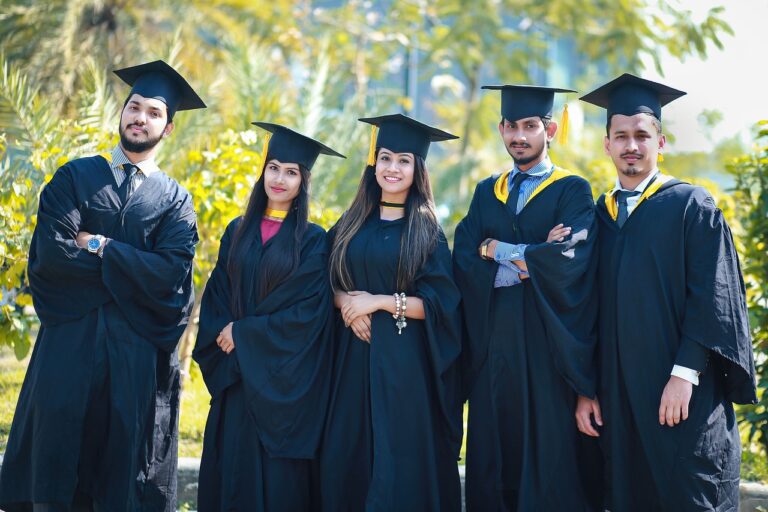Exploring the Benefits of Experiential Learning in Psychology Education
Hands-on experiences play a crucial role in bridging the gap between theoretical knowledge and practical application. When students engage in hands-on activities, they are able to see firsthand how concepts they have learned in theory actually work in real life. This tactile learning experience not only reinforces their understanding of the material but also enhances their retention and ability to apply what they have learned in various situations.
By immersing themselves in hands-on experiences, students are better equipped to grasp complex concepts and develop a deeper understanding of how the theoretical framework applies in real-world scenarios. This hands-on approach encourages students to think critically and problem-solve in a practical context, fostering a deeper level of engagement and comprehension. Ultimately, by bringing theoretical concepts to life through hands-on experiences, students are able to develop a more well-rounded skill set that is invaluable in navigating the challenges they will face in their academic and professional pursuits.
Enhanced critical thinking skills developed through real-world applications
Critical thinking skills are sharpened when individuals are faced with real-world challenges and tasks. By engaging in hands-on experiences that require problem-solving and decision-making, individuals are pushed to think critically and evaluate different perspectives. This type of practical application allows individuals to develop their analytical skills and enhance their ability to think creatively to find solutions to complex problems.
In real-world applications, individuals are compelled to use logical reasoning and evidence-based thinking to navigate through various scenarios. By applying theoretical concepts to practical situations, individuals can see the direct impact of their decisions and actions, leading to a deeper understanding of the subject matter. This active engagement with real-world challenges not only hones critical thinking skills but also fosters the development of adaptability and resilience in individuals as they work through obstacles and uncertainties.
How can real-world applications enhance critical thinking skills?
Real-world applications provide concrete examples for theoretical concepts, allowing individuals to apply their knowledge in practical scenarios and develop problem-solving skills.
Can critical thinking skills be developed solely through theoretical learning?
While theoretical learning is important for building a foundational understanding, real-world applications are crucial for honing critical thinking skills by challenging individuals to think creatively and analytically in different situations.
What are some examples of real-world applications that can enhance critical thinking skills?
Examples include case studies, simulations, internships, and hands-on projects that require individuals to analyze data, make decisions, and solve problems in a real-world setting.
How can educators incorporate real-world applications into their teaching methods?
Educators can integrate real-world examples into their lessons, provide opportunities for hands-on experiences, encourage students to participate in internships or projects with industry partners, and facilitate discussions on how theoretical concepts apply to practical situations.
How can individuals continue to develop their critical thinking skills through real-world applications outside of formal education?
Individuals can seek out opportunities for experiential learning, such as volunteering, taking on challenging projects at work, participating in community initiatives, or pursuing hobbies that require problem-solving and creative thinking.





